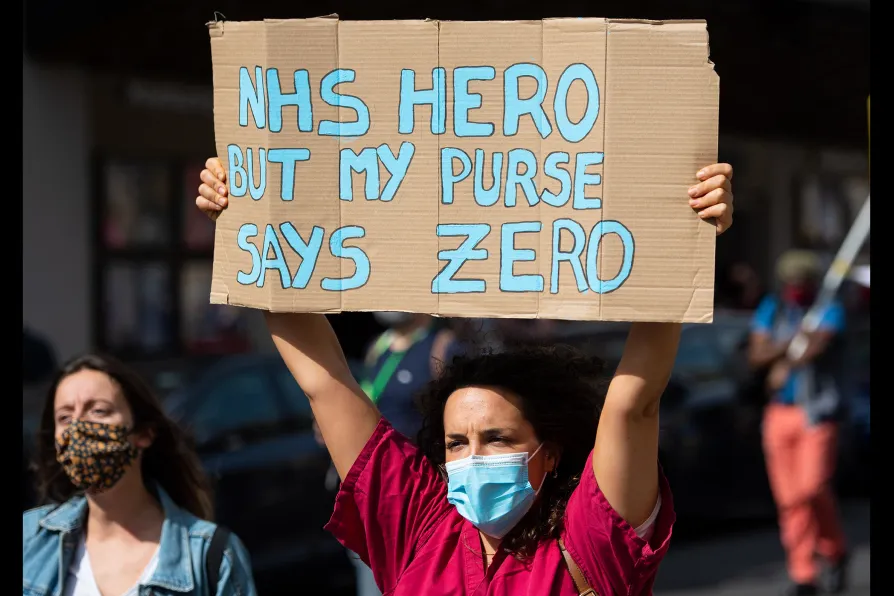The Carpathia isn’t coming to rescue this government still swimming in the mire, writes LINDA PENTZ GUNTER
Women’s rights are not some subsection of the class struggle
Women have just as big a role to play in the trade unions and in political life as men – every aspect of our day-to-day lives is affected by workplace policies and by the decisions of the politicians in Westminster, argues HELEN O’CONNOR


IT IS no accident that too many working-class women end up trapped working long hours in low-paid dead-end jobs while juggling the lion’s share of caring and domestic duties.
All too often women who try to get active in our unions to change the workplace end up having doors slammed in our faces.
We quickly find ourselves relegated to the sidelines in union branches that are dominated by older men who wrongly think they know better than women.
Similar stories

Working-class women lead the fight for fair work and equitable pay and against sexual harassment, the rise of the far right and years of failed austerity policies, writes ROZ FOYER

As trade unionists gather for their annual conference, battles against health service privatisation and exploitation of migrant workers highlight the urgent need to counter Reform’s divisive message, writes KERRY BAIGENT

As the government ploughs ahead with £3 billion in welfare cuts, arbitrary office-return mandates, and below-inflation pay rises, women will bear the brunt through deepening poverty and increased caring burdens, argues FRAN HEATHCOTE

There’s no room for feminists to be complacent about the growth of extremism and misogyny worldwide, warns HAILEY MAXWELL










